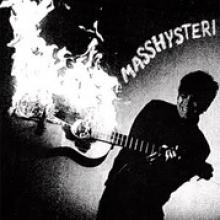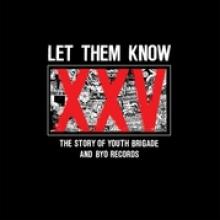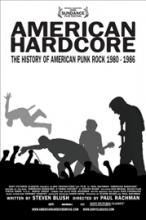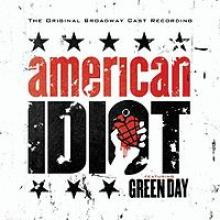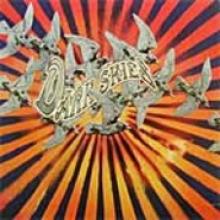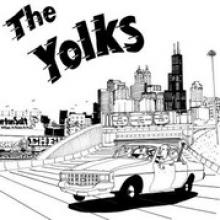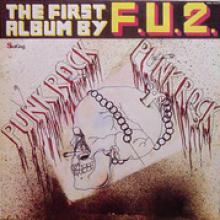Masshysteri: Swedes Rule
The (International) Noise Conspiracy, which emerged from the Refused and helmed Dennis Lyxzen, a pompous left winger, were all boss sounds even as the polemics amounted to nothing. It’s all well and good to figure the problems of society. But after releasing something like five albums, can we get one solution. And while the States might deserve some of the ire TINC’s lead singer expresses, he still choose to sing in English, eventually turning in pop tripe with The Cross of My Calling.
That awful effort is easily mitigated by TINC’s earliest albums – Survival Sickness specifically. But part of what made those discs so good was the presence of Sara Almgren on keys. She obviously sensed the ship was sinking and got the hell off. Since that time, she’s endeavored to work in a few different bands, her latest contributions coming in Masshysteri.
A US tour for the band was scheduled, but subsequently cancelled. So, until those travel arrangements get worked out, we’re going to have to happily make due with the band’s self titled album.
There’s not a hint of hardcore, or straight punk, with the band aping something that amounts to an updated version of John Doe and Exene. X may have been one of the most talented first wave LA bands and while Masshysteri doesn’t quite match up, it’s pretty damned close. Even singing in Swedish can’t serve to denigrate a straight rock message. This is unfettered, jittery rock stuff amply informed by living in a relatively open society and a slew of pop records.
What’s most interesting – apart from the opening “Masshysteri del två” which sounds urgent in any language – is that the band could probably pretty easily take over the States if it decided to render its songs in English. Maybe that’s a compliment, but it’s as much a commentary on the disintegration of TINC and perhaps part of Almgren’s decision to book it and take part in group’s as interesting as this one.
